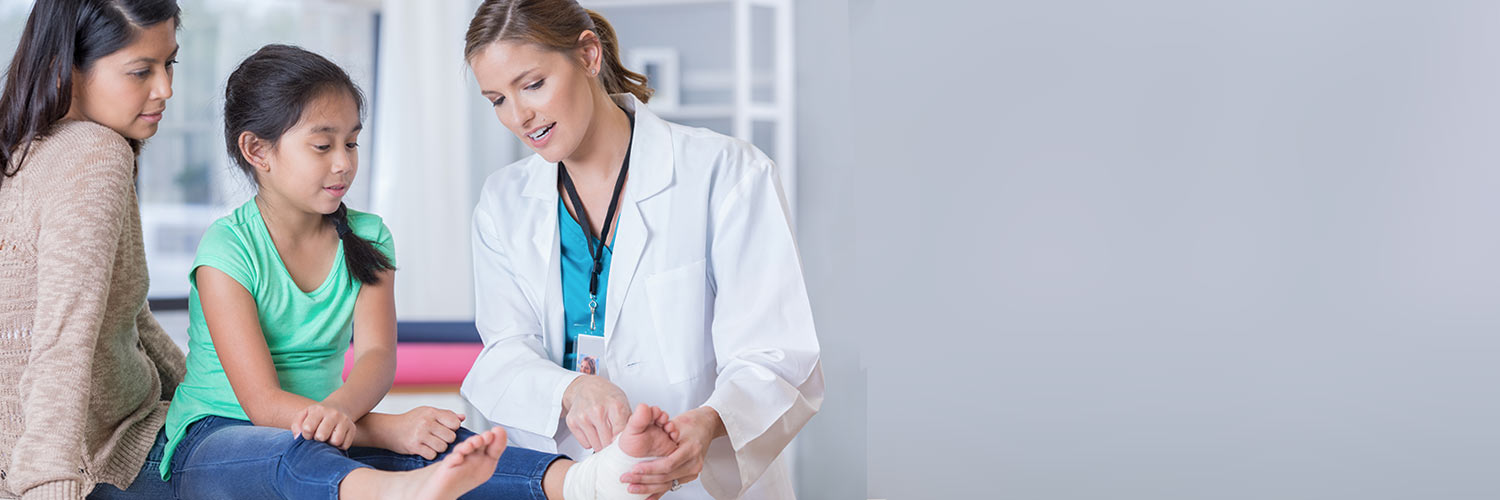

Emergency Care and First Aid
Do you know what to do in a medical emergency? Here are tips, guides, and action steps to help you prepare, just in case.
-
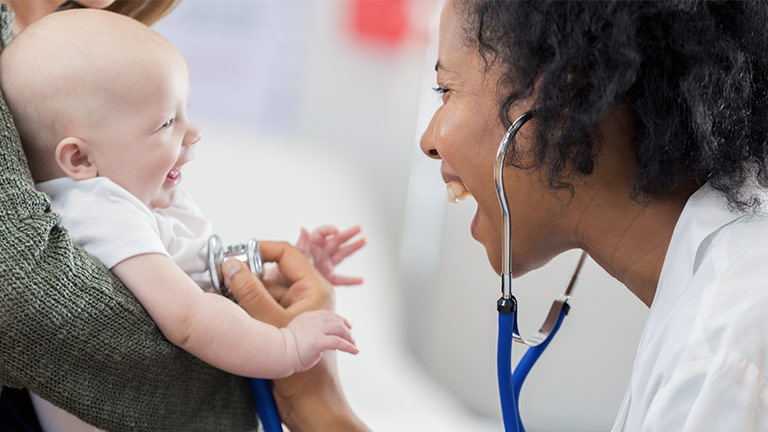
Emergencies: What to Know
In an emergency, could you remember important information about your child's health? What information should you have close by, just in case?
-
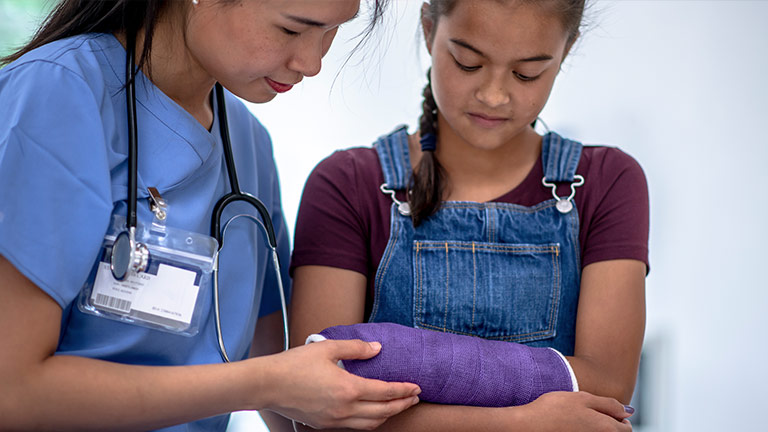
First Aid & More
Can you treat a nosebleed? Do you know how to splint a broken bone? Whether it's an emergency or not, these guides help you deal with common childhood mishaps and illnesses.
-
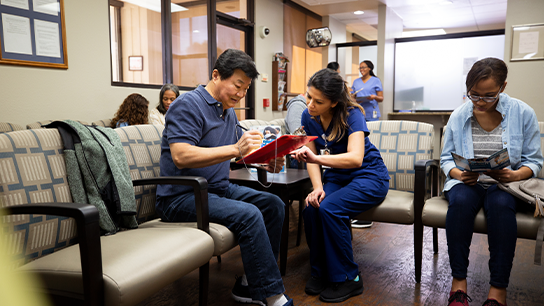
What Happens in the Emergency Room?
What should you do before going to the emergency room? What happens when you get there?
-
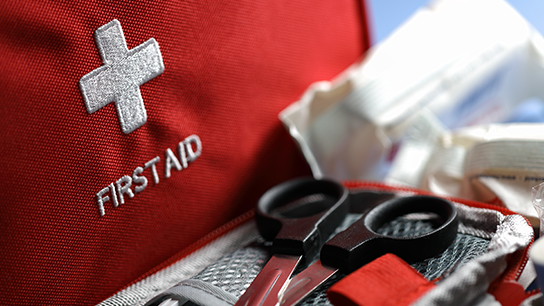
Being Prepared: First-Aid Kit
Adhesive bandages? Check. Alcohol wipes? Check. What else should be in a first-aid kit?
-
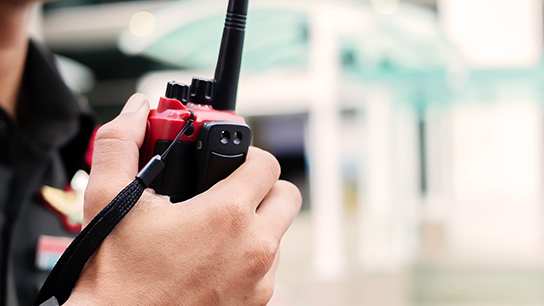
When and How to Use 911
Does your child know how to use 911? Teaching kids how to use 911 is one of the easiest — and most important — lessons you'll ever share.
Be Ready — Just in Case
Can you take a temperature? Do you know CPR? Knowing what to do ahead of time — and how to do it — can save lives.

Taking a Temperature
Taking a temperature is easy, but do you how to do it safely and accurately?
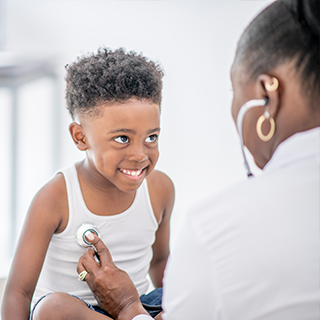
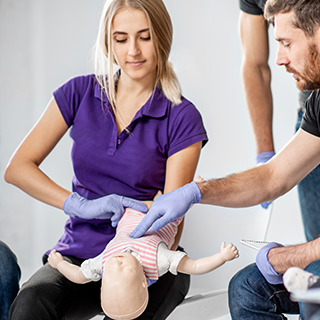
Learning CPR
Knowing CPR can save a child's life by restoring breathing and circulation until medical help arrives.
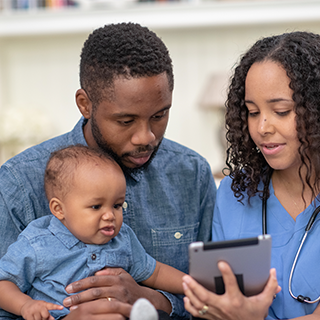
Keeping a Medical History
Keeping a record of your kids' health info can help doctors make quicker diagnoses and decisions during an emergency, when every second counts.
Emergencies Q&A
-
Quick action will help your child during a serious allergic reaction. Here's how any parent of a child with a serious allergy can be prepared.
Find out more
-
Any child who might have a concussion should be checked out by their doctor or at the emergency room (ER). But it's OK to allow the child to fall asleep. In fact, especially for young kids, it can be hard to keep them awake.
After any hit to the head, though, a child who falls asleep and can't be wakened needs emergency medical care. Get help right away if that happens.
Learn more about concussions


